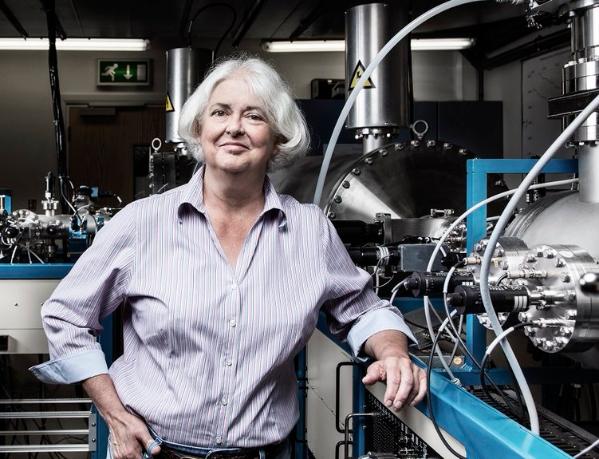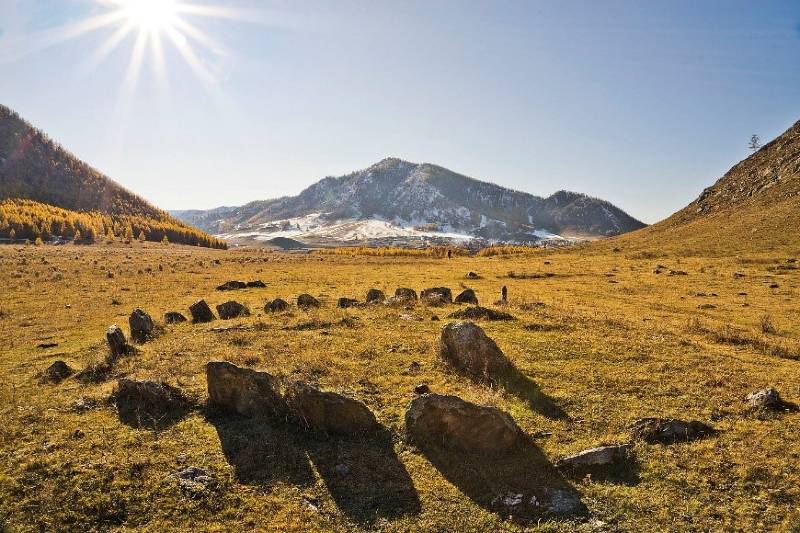Migration or adaptation: Emergence and development of nomadism in the Altai
This research represents the first international systematic chronological investigation of Altai, essential for understanding the most topical issues – the emergence and dynamics of nomadism in the area, as well as the place of the Altai nomadism in the general Eurasian Steppe context. The research will allow more accurate interpretations on the emergence and development of different cultures in various geographical zones, and reveal the time of migration of the first nomads into Altai or the adaptation of local population to new climatic conditions.
A significant amount of new materials from most recently excavated sites will be accurately dated, catalogued and published.
The new data will allow a significantly more complete and consistent archaeological framework for the region, and will become a highly important reference for future historical and archaeological reconstructions. The international nature of the research collaboration will foster UK leadership in modern bioarchaeological research and lead to further studies in understudied past cultures.
The Leverhulme Trust Research Grant "Migration or adaptation: Emergence and development of nomadism in the Altai", 2020-2023 (Principal Investigator Prof. Paula Reimer; £209,933).
Recent papers published by the Research group:
Svyatko S., D. Papin, N. Seregin, P. Reimer. 2020. New data on the chronology of the Scythian-Saka archaeological complexes in Altai (based on materials of the Novotroitsky-II burial ground). In: N.D. Burova, A.A. Vybornov, M.A. Kulkova (resp. eds), Radiocarbon in archaeology and paleoecology: past, present, future: Proceedings of the international conference dedicated to the 80th anniversary of the senior research fellow of IIMC RAS, Cand. of Chemical Sciences, Ganna I. Zaitseva. P. 82-83. DOI:10.31600/978-5-91867-213-6-82-83.
The project is a collaboration between researchers at Queen's University Belfast and Altai State University, Russia:
- Professor Paula Reimer (Principal Investigator, QUB)
- Dr Dmitrii Papin (Altai State University)
- Dr Nikolai Seregin (Altai State University)

Professor Reimer is the Director of the 14CHRONO Centre for Climate, the Environment, and Chronology at Queen's University Belfast. She led the international radiocarbon calibration working group (IntCal) from 2002-2020 and is actively involved in research on carbon reservoir changes and carbon sources in sediment and soils. Reimer is also interested in the use of stable isotopes in palaeodietary studies as a way of understanding radiocarbon reservoir effects on the accuracy of dating humans and animals subsisting on marine or freshwater resources.

